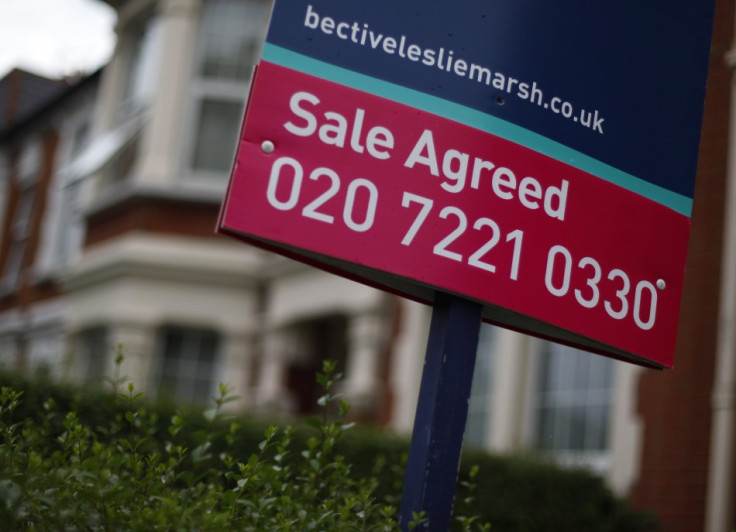Help to Buy: Never Mind a House Price Bubble as the Government Guarantee May Flop

The one thing we can guarantee about Help to Buy's government guarantee for consumer mortgages is that there's no guarantee it will work.
I spoke to five of the six biggest consumer mortgage lenders in the UK, who make up more than three quarters of the market, and all said they were still in discussions over the guarantee part of the Help to Buy scheme.
They told me in the days before the government's sudden announcement that it would bring forward the guarantee part of Help to Buy to launch in October, ahead of the originally planned start in January 2014, that talks were still ongoing.
At the time this was just three months before the scheme was supposed to be launching. Now it will start even sooner.
Barclays said it was "still waiting for further details of the scheme before confirming whether we will participate or not."
Santander said discussions are taking place at the moment, but nothing was guaranteed (as it were).
Nationwide said it was waiting for more information and that no decision has been made on using the guarantee.
HSBC was in discussions with the government and that it was too early to say that the bank would definitely use the guarantees, but it was interested in principle.
The most positive of the lot was Lloyds Banking Group, which said it was already publicly committed to joining the scheme and was liaising with the Treasury and Council of Mortgage Lenders to work through the finer details.
Separately, RBS - which is 81% owned by the UK taxpayer - got in line behind the government and said it was committed to using Help to Buy's guarantee through its NatWest subsidiary.
So while there is some positive feeling from banks towards the scheme, the details still have yet to have been fully worked out.
What's to say they will? What's to say that even if everything is ironed out, the banks will heavily use the guarantee?
They may decide the fee is too high. They may think the seven year life of the guarantee, after which the bank takes on all of the risk, is not long enough.
Moreover, remortgages will qualify for the guarantee if it is with a new lender.
So if there is a limited appetite for the guarantees, they may not even be used to help a new wave of first time buyers get a mortgage, rather just to support existing borrowers seek a better deal.
While the government says it is confident the scheme will be popular, it can only list two of the biggest lenders as so far committed to signing up, forced to add, coyly, that it expects (hopes, begs, prays?) other lenders will join them in the coming months.
There's another potential problem. As pointed out by Capital Economics, banks will likely pass on to the consumer the commercial fee charged by the government for using the guarantee.
That means mortgages won't necessarily be cheaper or deposit requirements lower, a big barrier for many people.
So for all the talk about a house price bubble being blown as demand is inflated by part two of Help to Buy, there may not be any air in the government's lungs anyway.
Shane Croucher is a senior journalist at IBTimes UK.
© Copyright IBTimes 2025. All rights reserved.






















